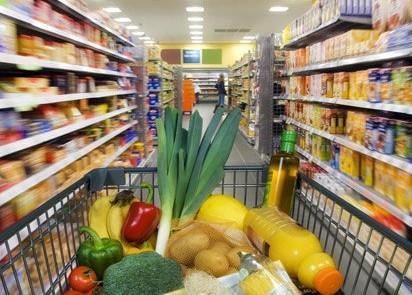
A third of retailers have said they will source more from the UK following the Brexit vote, according to new research by Barclays bank.
The same proportion (30 per cent) of retailers are considering changing suppliers, with Asian and African, as well as British, companies set to benefit.
In results that will be welcomed by British growers, only 12 per cent of retailers said they are expecting a reduction in the proportion of products sourced from the UK.
Over half (52 per cent) said they expect to increase supply chain activity in India, followed by 43 per cent in China, while 38 per cent of those asked said they will source more from Africa.
On the other hand, 43 per cent of respondents said they anticipate a reduction in what they source from the EU.The survey did not specify what products may be affected by new sourcing decisions.
Exchange rates were identified as a primary concern, with four in five (81 per cent) of retailers expecting a negative impact, and less than a third (31 per cent) predicting cost changes to result in price increases for consumers – retailers said they would look to absorb these costs.
“It’s a mixed picture, but there are some encouraging findings in our post-Brexit survey,” said Barclays head of retail and wholesale, Ian Gilmartin.
“Retailers are not overly pessimistic about the impact of the vote on their supply chains, and yet they are still thinking carefully about what they need to do now, in particular with regards to which regions they source from and their foreign exchange strategy.
“The really significant news is that a third of retailers surveyed intend to increase domestic supply chain activity.”
The average number of delivery options from large retailers is expected to increase from seven today to ten by 2019, with greatest demand being for faster delivery, followed by Sunday delivery and specific timeslots.
Meanwhile, consumers have their own concerns with 63 per cent stating that retailers increasingly “seem to stock products which are unsuitable to the weather”.



